*Note from A Chronic Voice: Rose does a beautiful job articulating the struggles with self-worth and self-trust that many of us with chronic illness experience. Society has many pre-conceived, rigid notions of how a person should and shouldn’t be, which can strip away the essence of our humanity. We form stories about ourselves. Read Rose’s story about how her illness started in the most innocent of ways, and her journey towards reclaiming her freedom.
Table of Contents
An Innocent Beginning
If someone had predicted I would one day stop being a writer, I would have said ‘Wrong!’ and walked away. Writing was more than how I made my living. It was how I maintained my balance when life pulled and pushed me in different directions. But that was before I became chronically ill. Before that illness and the stories about what it means to be ill imprisoned me.
It began so innocently. My husband and I caught a virus while on vacation. He got better. I didn’t. I crawled from bedroom to bathroom. Electrical currents ran down my arms and across my chest. A piercing headache took residence in my left eye while bone-crushing exhaustion cemented me to the bed.
The Slow Erosion of Self-Trust
One year later, I was diagnosed with multiple illnesses, including Myalgic Encephalomyelitis (ME), a neuro-immune disorder, an ‘invisible’ chronic illness that’s difficult to diagnose and treat. It’s also surrounded by a cloud of skepticism. That explained why my debilitating symptoms had been met with quiet shrugs and raised eyebrows from my doctors: They didn’t believe me.
I think that’s when it started, the slow erosion of self-trust. This would be the first of many losses – both physical and psychological.
The Stories That Got Stuck in My Head
Friends encouraged me to write about it. But the infection that had ripped through me had not only debilitated my body but had blanketed my brain in a fog so thick I couldn’t think straight. Words eluded me. Concentration was non-existent. Writing was impossible. I had only enough energy for the daily task of survival.
Hungry for connection, I set aside my own beliefs and listened passively to the if-only stories of well-meaning visitors: “If only you hadn’t waited to see the specialist; if only you exercised; if only you prayed; if only you ate a plant-based diet.” That’s what they said. What I heard was that I was broken and needed to be fixed. I became entangled in society’s view that our self-worth is measured by what we achieve and by what we contribute. I knew I could barely hold a cup of tea, let alone meet these ingrained cultural expectations. Yet, these stories got stuck in my head.
Worse yet was the story I spun around my heart: I felt guilty for becoming ill and ashamed for not getting better. This was the story from which I needed to be freed.
Falling Into Illness
I just wasn’t ready to accept this fact: Illness is part of being human. Most of us recover. Some of us don’t recover – I wouldn’t recover. Instead, I set out to find someone or something to fix me. I went from astrologers to shamans, practices to potions, promises to scams.
I teeter-tottered between hope and despair before realizing what was happening: Illness had stolen my health. But I had travelled so far from my own essence that all self-trust, self-respect, and self-worth had vanished.
For more than a decade, I felt like a performer in a high-wire act with no safety net to catch me if I fell. And fall I did. I fell into the wilderness.
Rewriting a New Life Story for Myself
Years passed. Slowly, gently, a wasteland became a sanctuary. This time I turned inward, learning to heal from the inside out. I read and reflected upon the stories of those who had travelled through their own wilderness, immersing myself in their wisdom. I returned to writing — just a sentence or two a day, whatever my health allowed. Writing became the doorway to my inner landscape. The more I wrote, the stronger my own voice became. And the more my insights and understanding took hold of me. Until, finally, the stories that had imprisoned me loosened their grip on my spirit.
I wrote a new story based on traits like self-compassion, equilibrium, patience, and grit. These inner strengths became my safety net. I stopped trying to fit in. I stopped apologizing for being ill. And equally important, I learned to ask for help. I learned there are many ways to be seen and heard in the world. I learned the most important lesson of all: trusting my own goodness.
I emerged from the wilderness with useful practices and tools that help me face the challenges of living with chronic illness. I share these lessons from the wilderness with the hope they inspire and support others who strive to live a full and meaningful life while managing the struggles of chronic illness.
*Note: This article is meant for sharing and educational purposes, and is not to be substituted for medical advice. Please consult your own doctor before changing or adding new treatment protocols.
Read More: Does Illness Form Part of Your Identity?
If you liked this article, sign up for our mailing list here so you don’t miss out on our latest posts! You will also receive an e-book full of uplifting messages, quotes and illustrations, as a token of appreciation!
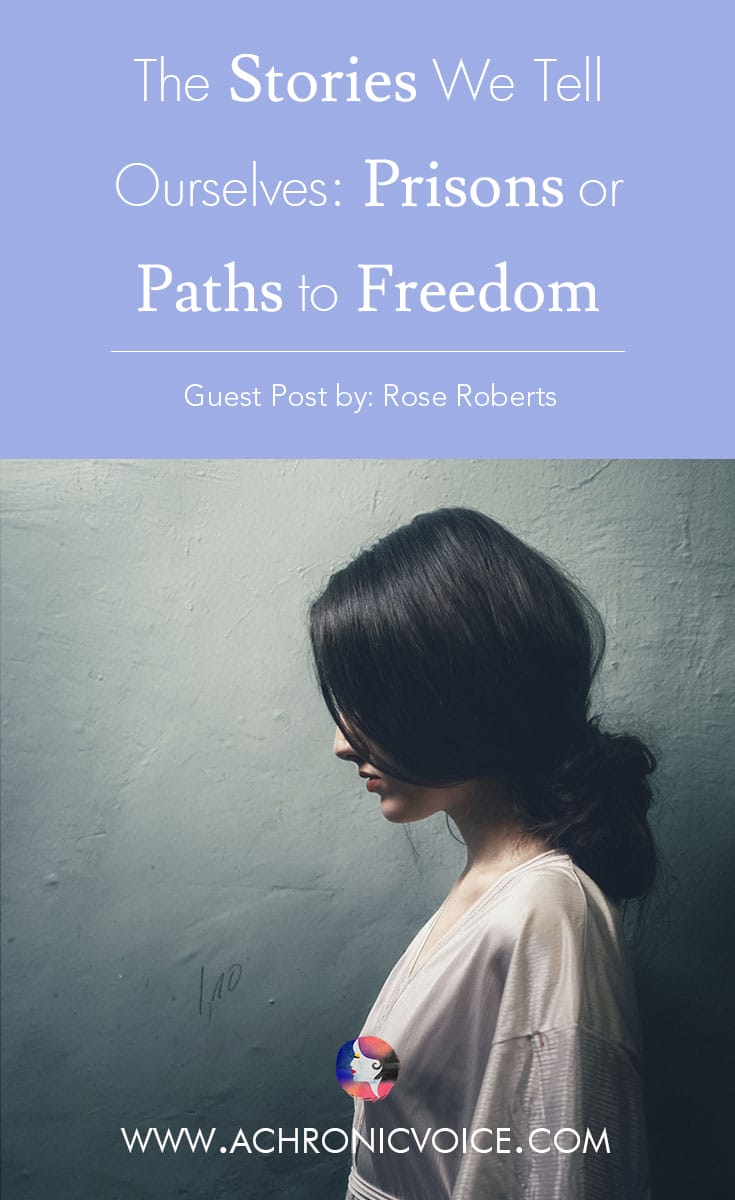
Contributor Bio
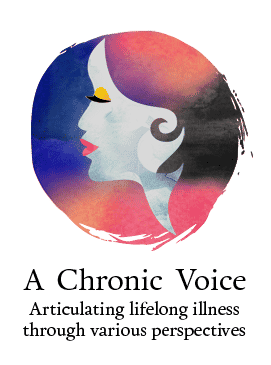
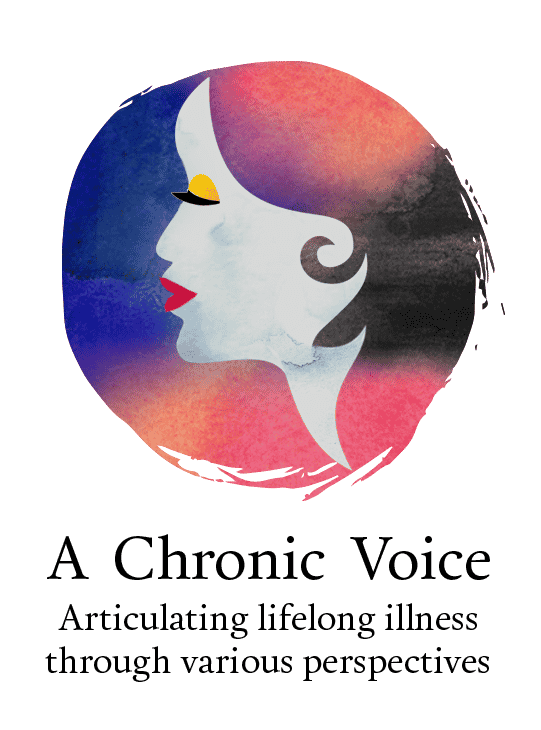
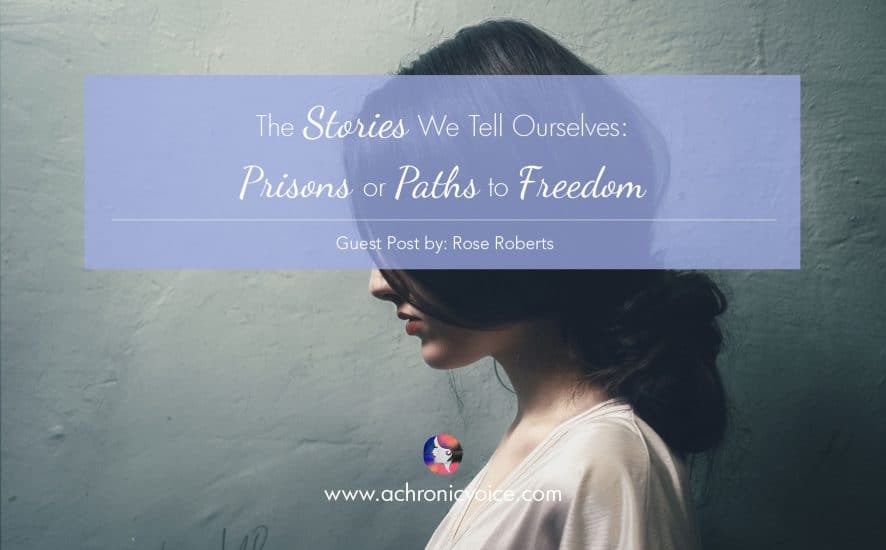
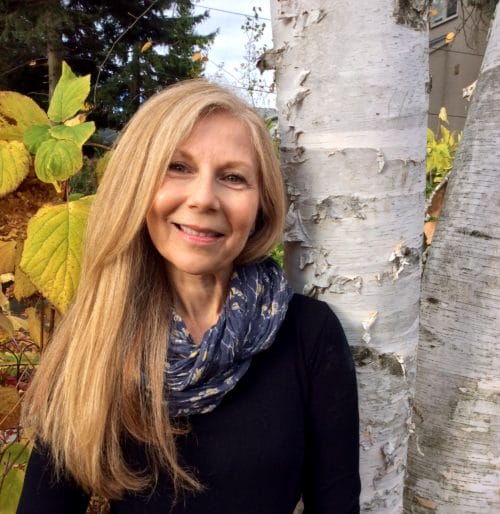
Thank you for sharing your story. Thankfully you have come back to writing; such beautiful words you’ve shared. I love that you did one line a day in the beginning. While I’m writing (my blog about my wellness journey with Fibromyalgia, I have a fiction story that has been imprisoned in me since I was a teenager. I started to write it this winter, but then stopped, losing my confidence. I am going to try your way of getting back to it.
That’s wonderful to hear, Katie! I might try my hand at a memoir too! 🙂 Rose is indeed, such a good writer 🙂
I really related to this interview and I know I’ve read it before through your online posts. It was good to read Rose’s story again and I found some validation in it that I missed the last time I read this interview.
“Hungry for connection, I set aside my own beliefs and listened passively to the if-only stories of well-meaning visitors: “If only you hadn’t waited to see the specialist; if only you exercised; if only you prayed; if only you ate a plant-based diet.” That’s what they said. What I heard was that I was broken and needed to be fixed. I became entangled in society’s view that our self-worth is measured by what we achieve and by what we contribute. I knew I could barely hold a cup of tea, let alone meet these ingrained cultural expectations. Yet, these stories got stuck in my head.”
These expectations are so much to deal with. I’ve never heard of anyone else mentioning that they can barely hold a cup of tea, and yet that’s me! There are days I can’t even pick up a glass of water! It sounds so silly and outrageous, so I wanted to make sure I commented on this to say THANK YOU FOR SAYING THIS. I think I was meant to read this today.
Hi Carrie, thank you for reading and commenting as always xxx Yes, it’s good to receive validation that we’re not crazy or that it’s not just in our heads. Expectations are heavy to bear, from others and also from ourselves. We do need to take a step back from time to time so that we can be aware in order to give ourselves some grace and allow ourselves to be 🙂
A beautiful journey. Thank you for sharing your story Rose.